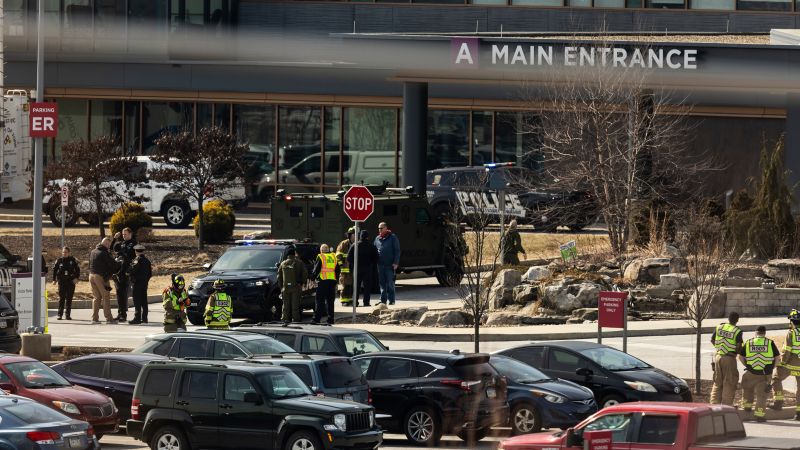Vulnerabilities for non-bank financial intermediaries, which have become quite relevant since the last financial crisis, have increased in the last 10 years, especially given the rise in rates that is taking place worldwide, according to an analysis by the International Monetary Fund. International (IMF).
In the second chapter of the Global Financial Stability Report, the full document of which will be released until the following week, the international organization highlighted that non-bank financial intermediaries have been a key player for the sector.
However, its stability will depend on its resilience at the same time that there is a situation in which central banks have had to increase their interest rates to face high levels of inflation, which has already had an impact on the financial sector. , such as the collapse of Silicon Valley Bank (SVB) in the United States a few weeks ago.
The risks, such as the financial turbulence in the banks experienced a few weeks ago, could increase at the same time that monetary policy is not relaxed.
“Non-bank financial intermediaries, including pension funds, insurers and hedge funds, also play a key role in the global financial system by providing financial services and credit and thus supporting economic growth,” he noted. the IMF.
He explained that the growth of this sector accelerated after the 2008 financial crisis, which is why non-bank financial intermediaries now have around 50% of global financial assets.
“Thus, the proper functioning of the non-banking sector is vital for financial stability.”
Among the risks that this sector may face and generate stress in it are high leverage, liquidity imbalances, as well as the close relationship between traditional banks and these intermediaries.
Increase surveillance, regulation and supervision
The IMF experts mentioned that the surveillance, regulation and supervision of non-bank financial intermediaries must be increased, as well as closing the key data gaps in this sector.
Likewise, central banks could provide liquidity following certain standards, such as granting access to permanent loan facilities to reduce indirect effects on the financial system; however, “the bar for such access should be set very high to avoid moral hazard”, so access should not be granted without appropriate regulatory and supervisory regimes for different types of financial institutions.
Central banks, as lender of last resort, may need to intervene if a systemic non-bank financial intermediary comes under pressure. Loans to it should be at the discretion of the central bank, at a penalty rate, fully guaranteed and accompanied by increased supervision. A clear schedule must be established to restore the liquidity of the institution”.
ana.martinez@eleconomista.mx
hartford car insurance shop car insurance best car insurance quotes best online car insurance get auto insurance quotes auto insurance quotes most affordable car insurance car insurance providers car insurance best deals best insurance quotes get car insurance online best comprehensive car insurance best cheap auto insurance auto policy switching car insurance car insurance quotes auto insurance best affordable car insurance online auto insurance quotes az auto insurance commercial auto insurance instant car insurance buy car insurance online best auto insurance companies best car insurance policy best auto insurance vehicle insurance quotes aaa insurance quote auto and home insurance quotes car insurance search best and cheapest car insurance best price car insurance best vehicle insurance aaa car insurance quote find cheap car insurance new car insurance quote auto insurance companies get car insurance quotes best cheap car insurance car insurance policy online new car insurance policy get car insurance car insurance company best cheap insurance car insurance online quote car insurance finder comprehensive insurance quote car insurance quotes near me get insurance







